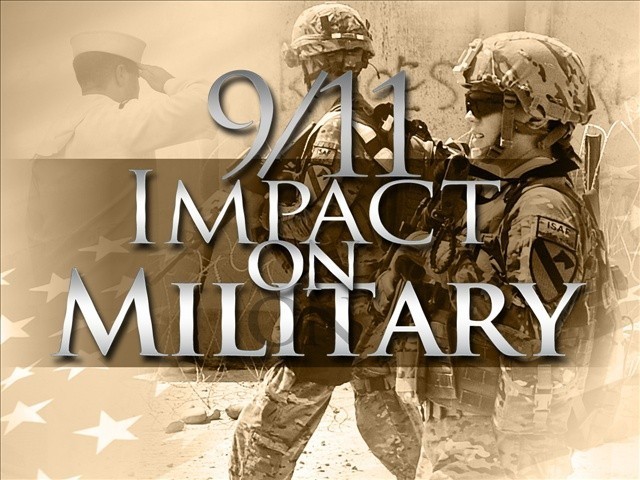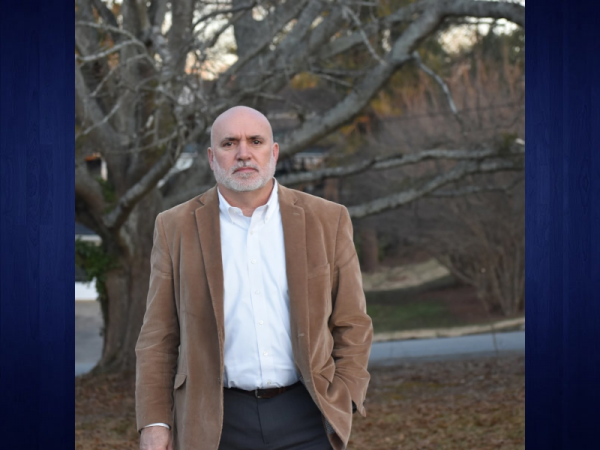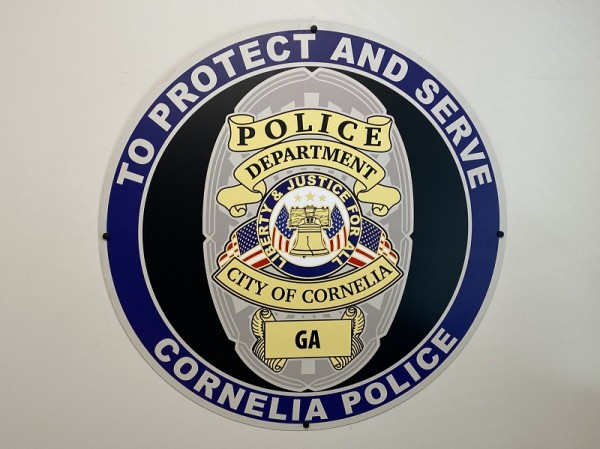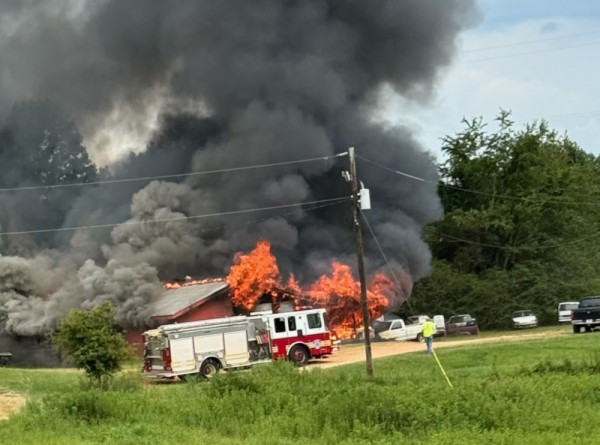FORT STEWART, Ga. - Austin Trosper remembers panic on Sept. 11, 2001, as his mother and other parents emptied his 2nd grade class, fearing an attack on the Army post where he went to school.
Codi Schneider, 7 at the time, remembers the towers crumbling on TV and his father predicting the Air Force would send him to war soon. Alexis Werner, who was 10, came home from school to find her Navy mother had already shipped out in a rush.
For these military children, three faces among thousands like them, the terrorist attacks on New York and Washington changed their home lives, their daily routines and their paths growing up over the following decade.
Peacetime family life already involved frequent moves between military bases, but war upped the stakes. A constant cycle of overseas combat tours left children to deal with a deployed parent, or both, being absent for up to a year at a time. The kids also grew up grappling with real fears that fathers or mothers in harm's way might come home in tatters or not at all.
"A lot of kids, they hear about it on the news and stuff, but it doesn't really affect them because their parents aren't in the Army. They don't know how scary it is," said Austin, now 17 and a high school senior whose family is stationed at Fort Stewart in Georgia.
His father, Sgt. 1st Class Jerry Trosper, returned last October from his second yearlong tour in Iraq. He was among the first wave of U.S. troops sent into Iraq in March 2003.
Before 9/11, Trosper and his family had been in the military for eight years. The way his wife recalls it, the day-to-day life of a soldier wasn't that different from a civilian.
"They'd have meetings, go to the motor pool, come home and eat lunch and then go back to the motor pool and come home by 5 o'clock," said Nita Trosper, who married her husband about the same time that he enlisted. "It was just a job, so to speak. But it just changed for everybody."
---
Codi Schneider, also 17 now, remembers watching the burning aftermath on television and his father saying that whatever the U.S. military's response would be, he would almost certainly be a part of it.
While all service members in Afghanistan or Iraq put their lives at risk, few jobs in the military are as perilous as his dad's. Air Force Chief Master Sgt. Albert Schneider is an explosive ordinance disposal technician, which means he's part of the military bomb squads responsible for disarming enemy booby traps.
With roadside bombs being one of the biggest killers of U.S. troops in Iraq, Albert Schneider's skills were in high demand once the war started. During his father's first deployment, Codi says he suffered frequent nightmares and often woke up screaming.
"Every time the phone would ring, I would kind of like clench up and get really nervous until I heard my mom say, `Oh, how was your day.' That's how I knew he was OK," said Codi, a high school senior whose family is now stationed at Florida's Eglin Air Force Base, where his father teaches bomb disposal skills.
Codi says his life since 9/11 has been marked by attending memorials for his father's fallen comrades and comforting the children of other bomb disposal technicians who lost their lives fighting roadside bombs. He wears a wristband that pays tribute to all explosive ordinance disposal technicians.
Codi's 20-year-old brother has joined the Navy and plans to become a bomb disposal expert like their father. Codi doesn't see himself enlisting in the military, at least not right away. He plans on college and maybe becoming a journalist or a filmmaker.
He says he's "beyond proud" of his father and his brother. But Codi also admits with a shrug that life "would have been a lot easier" if 9/11 had never happened.
"Whatever I do when I'm older, I want to tell people my story," he said. "Especially military kids, if they are having a hard time like me, I want to help them out and tell them that it's hard to move around and it is hard that your dad or mom isn't home all the time but that you just have to support your family."
---
For Alexis Werner, the changes wrought by 9/11 started that day. With two parents stationed in San Diego, Calif., as Navy air traffic controllers, she came home from school on Sept. 11 to find her mother already deployed on a ship, cut off from communication.
"We didn't know where she was," said Werner, now 20. "We had no contact with her, so she was gone, and then she came back three weeks later and then deployed again for eight months, and then came back for a month and then deployed again for eight months."
She recalls having her grandparents watch over her and her siblings for a time while both their parents deployed overseas. The parents' frequent absences also meant more responsibility at home for Werner.
"As an 11 year old with a mom gone, I cooked and cleaned and took my brother and sister to school, walked them to school, and then did my own thing and I played soccer," Werner said.
Despite the toll wartime deployments took on her family, Werner says the decade since 9/11 has given her even greater respect for the military. She was still in junior high school when she decided to apply to the Naval Academy in Annapolis, Md., where she is now a midshipman in her third year.
"It was because of my parents, just because I saw how hard they worked and how strong and stable our family was and how independent my brother and sister and I were that it's something that I want to instill in my future family," Werner said.
---
When the planes crashed into the World Trade Center, Jerry Trosper watched from a military base in South Korea, where he was a few months into a year's rotation. His wife and their three young sons were back at Fort Bragg, N.C., and at first fled the Army post along with many other families.
Nita Trosper packed her youngest, 2-year-old Parker, and the family's dog and cat into their minivan. She picked up Austin, then 7, and 5-year-old son Morgan at school, They stayed with her sister a few miles away for four days before deciding it was safe to go back to Fort Bragg, where soldiers with loaded guns stood guard when the boys returned to school.
The Trospers moved twice in the next decade, first to Fort Sill, Okla., and then to Fort Stewart. Jerry Trosper spent another year in Korea between his two Iraq tours, and was there when his family made the move from Oklahoma to Georgia in June 2008. Missing both his father and his friends, Austin needed something to occupy his time during the summer before school began.
"When we first came to Fort Stewart he was so depressed. We had to find him something to do," said Nita Trosper, who still tears up at the memory. "He started going to the animal shelter. He volunteered every day and would stay from 8 to 5. And that got him through the summer."
Austin says he fed the dogs and cats at the shelter and helped build new kennels and cages for the animals. He would also help direct other teens coming to volunteer, mostly because they'd gotten into trouble and were sent there to fulfill community service obligations.
After he graduates from high school next year, Austin wants to attend Georgia Southern University and study to become either a veterinarian or a marine biologist.
He says he thought briefly about following his father into the Army and ruled it out.
"I wouldn't want to put my mom and dad through that because what if I never came back," Austin said. "I'm pretty sure no parent wants to bury their kid."
Thursday
July 3rd, 2025
6:54PM

















